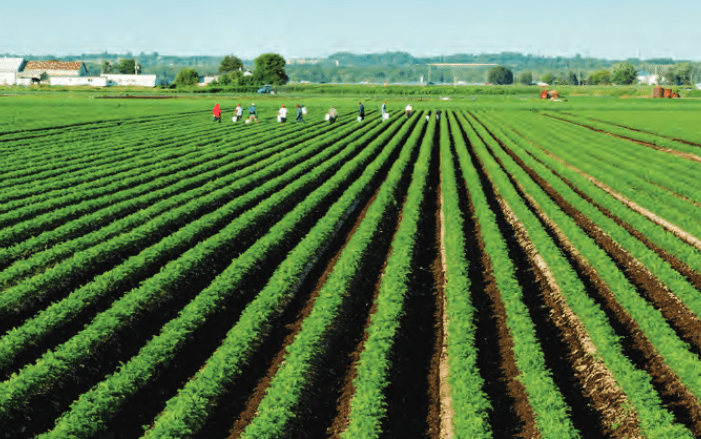The largest exporters of agricultural products in the world in 2020 were the European Union, the United States and Brazil, according to data from the World Trade Organization (WTO).
Exports to the European Union totaled $ 653 billion. If only extra-block foreign sales are taken into account, the value totaled $ 231 billion.
Exporters of agricultural products
The United States ($ 170 billion), Brazil ($ 93 billion) and China ($ 78 billion) followed.

Other relevant exporters were: Canada, Indonesia, Thailand, Mexico, India and Argentina.
Pandemic
From mid-October 2020 to May 2021, international observer organizations contributed to discussions under the WTO Covid-19 and agriculture agenda item.
The Food and Agriculture Organization of the United Nations (FAO), the OECD, the World Food Program (WFP) and the International Grains Council (IGC) presented reports to the 96th and 97th meetings of the Committee on Agriculture of the WTO, describing its work in relation to the pandemic.
Some of the measures taken by Members in response to the pandemic included restrictions or prohibitions on the export of certain goods, including agricultural products.
The WTO Agreement on Agriculture establishes disciplines for cases where Members institute export prohibitions or restrictions to prevent or alleviate critical shortages of food products (Article 12).
In general, transparency is at the heart of these disciplines.
The Agreement on Agriculture establishes that:
- Members should take due account of the effects of such a ban or restriction on the food safety of importing Members.
- Before any Member institutes an export ban or restriction, it shall notify the Agriculture Committees in writing as far in advance as possible, including information such as the nature and duration of said measure, and shall consult a request in this regard, with any another Member that has a substantial importing interest with respect to any matter related to the measure in question.
The Agreement on Agriculture includes a provision for special and differential treatment, therefore the requirements do not apply to developing country Members unless the measure is adopted by a developing country Member that is a net food exporter of the specific food product. in question.
![]()

